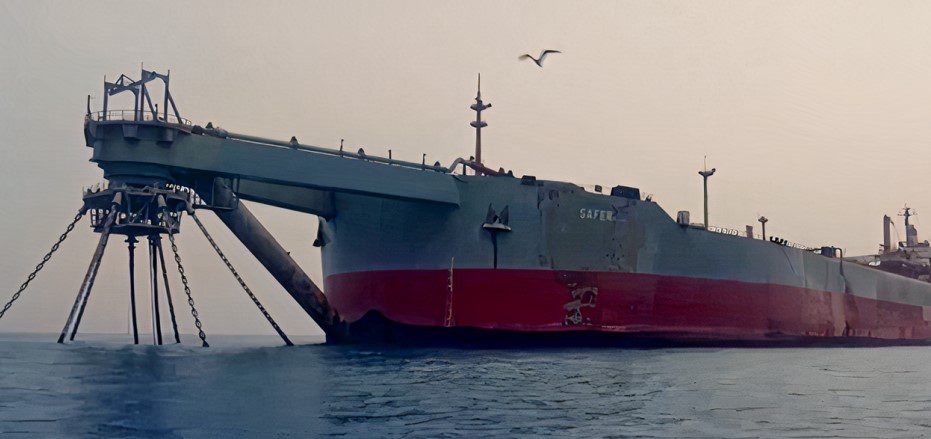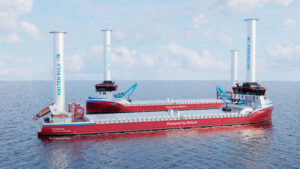Additional funds were announced at an online pledging event for the United Nations plan, co-hosted by the United Kingdom and the Netherlands, to prevent a catastrophic oil spill from the FSO Safer, a decaying supertanker off Yemen’s Red Sea coast that will break up or explode if the world does not act.
However, significant funding gap remains as close to $24 million more still needed for operation’s emergency phase that begins this month.
Egypt, France, Italy, Luxembourg, Malta, Norway, the Republic of Korea, the United Kingdom and private company Octavia Energy and its subsidiary, Calvalley Petroleum, announced pledges totalling almost $8 million, of which $5.6 million represents new funding.
The UN has now raised $105.2 million for the emergency phase of the operation to remove the oil from the FSO Safer. This leaves $23.8 million for the emergency phase unfunded.
An additional $19 million is required for the critical second phase, comprising the installation of a catenary anchor leg mooring buoy and the tethering of the replacement vessel to it, as well as the towing of the FSO Safer to a green salvage yard for recycling.
Due to the conflict in Yemen, the FSO Safer has decayed to the point where there is an imminent risk it could explode or break apart, which would have disastrous effects on the region and beyond.
A major oil spill would devastate fishing communities on Yemen’s Red Sea coast, likely wiping out 200,000 livelihoods instantly. Whole communities would be exposed to life-threatening toxins and highly polluted air would affect millions.
A major spill could close of the ports of Hodeidah and Saleef – which are essential to bring food, fuel and life-saving supplies into Yemen, where 17 million people need food assistance. The closure of desalination plants would also cut off a water source for millions of people.
Oil from the Safer could reach the African coast and affect any country on the Red Sea. The environmental impact on coral reefs life-supporting mangroves and other marine life would be severe, while fish stocks would take 25 years to recover.
The cost of cleanup alone is estimated at $20 billion, while disruptions to shipping through the Bab al-Mandab strait to the Suez Canal could cost billions more in global trade losses every day, as explained by the United Nations Development Programme.



